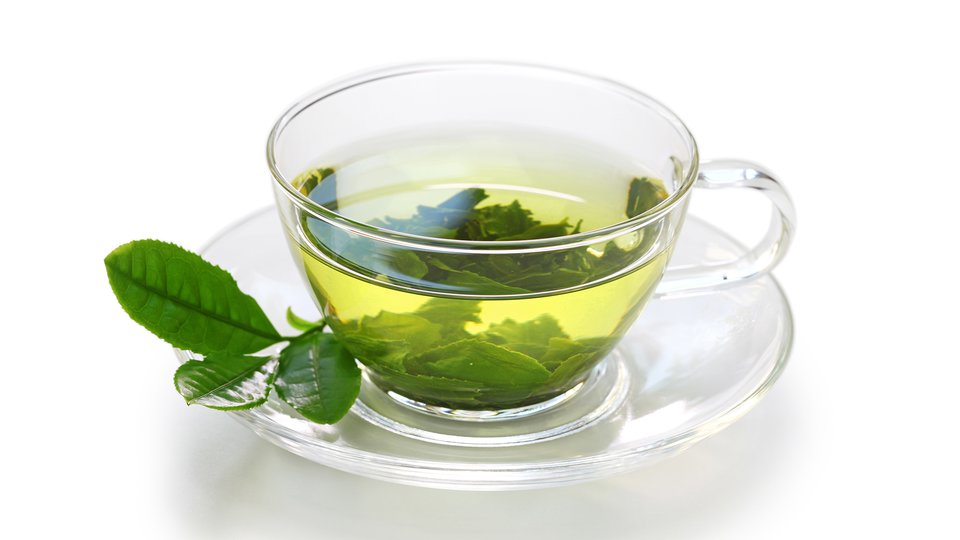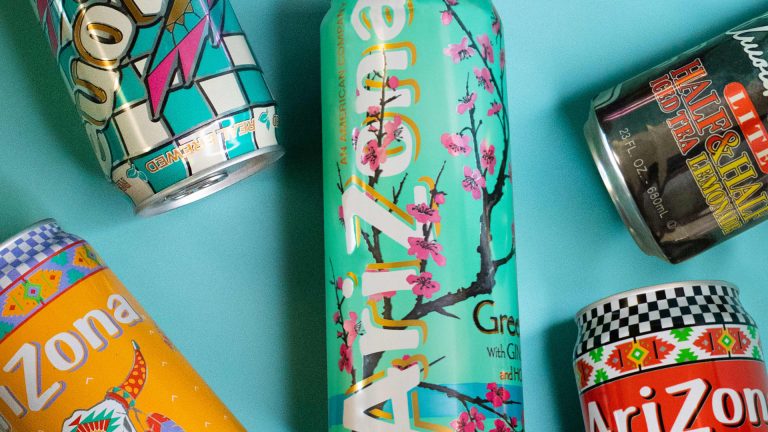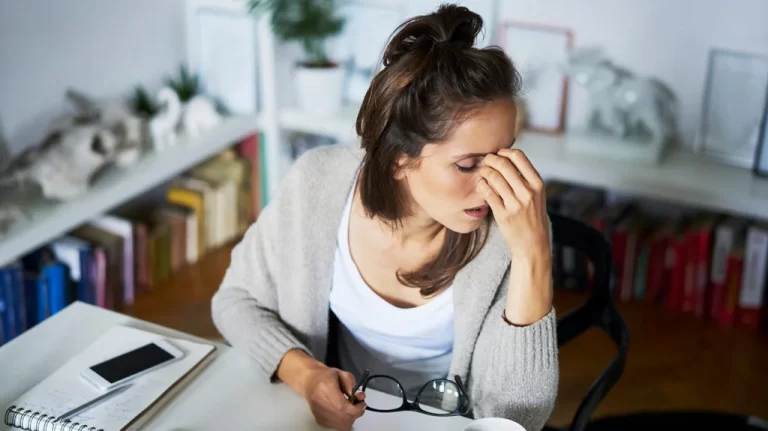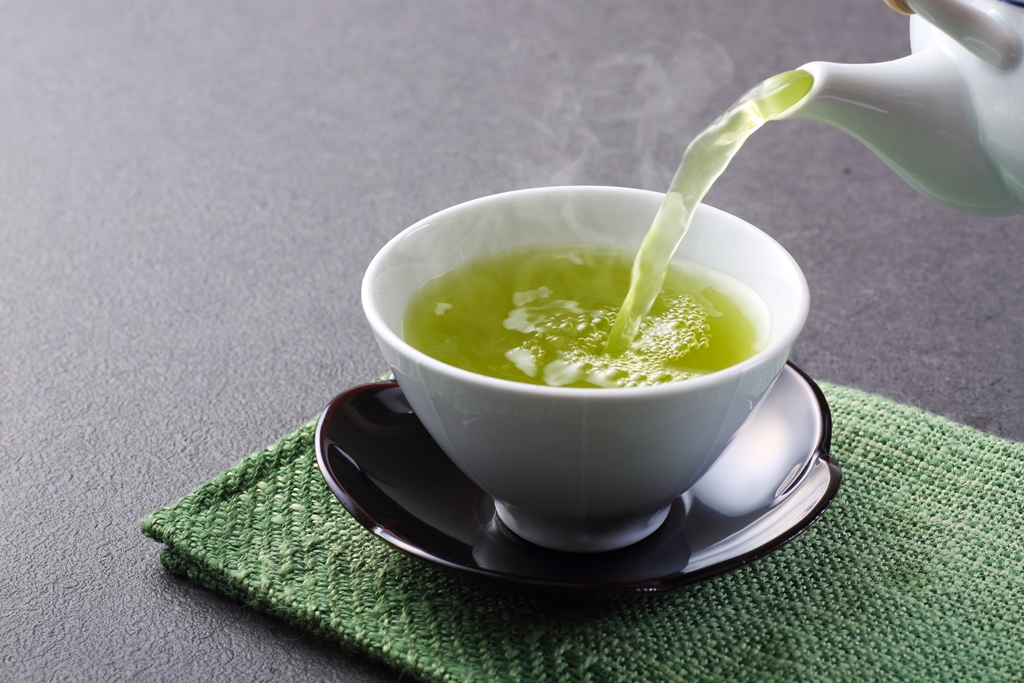
Green Tea Caffeine
Green Tea Caffeine: A Gentle, Natural Energy Boost
When people think of caffeinated beverages, coffee often comes to mind first. But green tea also contains caffeine, providing a gentler, more balanced energy lift. This legendary brew has been sipped for centuries to increase alertness and focus. Let’s explore green tea’s unique caffeine profile.
How Much Caffeine in Green Tea?
On average, an 8 oz cup of green tea contains around 28mg of caffeine. However, the exact amount varies based on factors like the type of green tea, brewing time, and size of the serving. Some premium matcha green teas pack around 70mg per serving. For comparison, an 8 oz cup of coffee has approximately 95mg of caffeine.
Why Does Green Tea Have Less Caffeine?
Green tea naturally contains less caffeine than coffee or black tea. This stems from its minimal processing compared to other true teas like black tea. Coffee also comes from an entirely different plant species (coffea) which results in much higher caffeine levels. Green tea’s moderate caffeine means you can enjoy a calm, steady energy without the jitters.
Caffeine Sources in Tea
The caffeine in green tea (as well as black and oolong teas) comes from the leaves of the Camellia sinensis plant. All varieties of this evergreen shrub contain naturally occurring caffeine and other stimulant compounds like L-theanine. The levels get concentrated when leaves are picked, rolled, and dried into tea leaves or powder.
How Caffeine Affects The Body
Caffeine is a fast-acting central nervous system stimulant. It works by blocking the effects of adenosine, a brain chemical that makes you feel tired. Once ingested, caffeine molecules travel through the bloodstream and cross over into the brain. This produces sensations of increased alertness, focus, and energy for several hours.
The L-Theanine Factor
What makes green tea’s caffeine effects unique is the presence of the amino acid L-theanine. Found almost exclusively in tea leaves, L-theanine promotes feelings of relaxation and calmness. When combined with caffeine, L-theanine provides a balanced energy without the anxious “wired” feeling that can happen with coffee. Many find this leads to improved focus and concentration.
Green Tea’s Caffeine Curve
Green tea provides a moderate, steady caffeine boost compared to coffee’s intense spike. The effects kick in around 30 minutes after drinking and can last 3-5 hours. Coffee delivers a stronger, quicker caffeine jolt followed by a faster crash. Green tea offers a smoother energy curve ideal for enhanced productivity throughout the day.
Varieties With More Caffeine
If you want a bigger caffeine punch, some green tea varieties pack an extra kick. Matcha, made from finely milled whole tea leaves, contains higher caffeine levels ranging from 35-170mg per cup depending on how it’s prepared. Powdered green tea leaves like matcha allow you to ingest more caffeine with each serving since the entire leaf is consumed.
Decaf Green Tea
For those looking to reduce caffeine intake, there are decaffeinated green tea options. The decaf process uses carbon dioxide or solvents to extract most (but not all) of the caffeine from tea leaves. An 8 oz serving of decaf green tea contains around 2-8mg of caffeine, significantly less than regular green tea.
Tea Caffeine vs Coffee Caffeine
While coffee typically contains more caffeine than green tea overall, the types of caffeine differ slightly in their effects. Coffee’s caffeine is accompanied by other compounds like chlorogenic acids that some find more intense on the body. Tea’s caffeine feels more balanced and smooth with the presence of L-theanine providing a calming element.
Cold Brew Benefits
Cold brewing green tea can extract higher levels of caffeine compared to using hot water. The colder temperature and longer steeping time helps draw out more of the caffeine compounds. Many find cold brew green tea to provide an even gentler, less bitter energy kick thanks to its unique brewing process.
Enhanced Focus and Concentration
Beyond an energizing effect, green tea’s moderate caffeine intake promotes mental clarity and concentration for many people. Caffeine enhances focus by blocking adenosine receptors and increasing firing in the brain’s neurons. The L-theanine further allows drinkers to stay alert yet relaxed during demanding cognitive tasks.
EGCG Nutrient Boost
In addition to its stimulating effects, green tea supplies a healthy dose of the potent antioxidant EGCG. These catechin compounds provide anti-inflammatory benefits and have been linked to reduced risks of chronic diseases like cancer and heart disease. With each sip of this tea, EGCG offers added wellness support alongside the moderate caffeine lift.
Avid Green Tea Drinkers May Need Less Caffeine
For those who drink green tea daily, their caffeine sensitivity can decrease over time. Regular drinkers often find themselves able to consume higher amounts of green tea without feeling overly energized or restless. This is likely due to developing a higher tolerance to green tea’s moderate caffeine content.
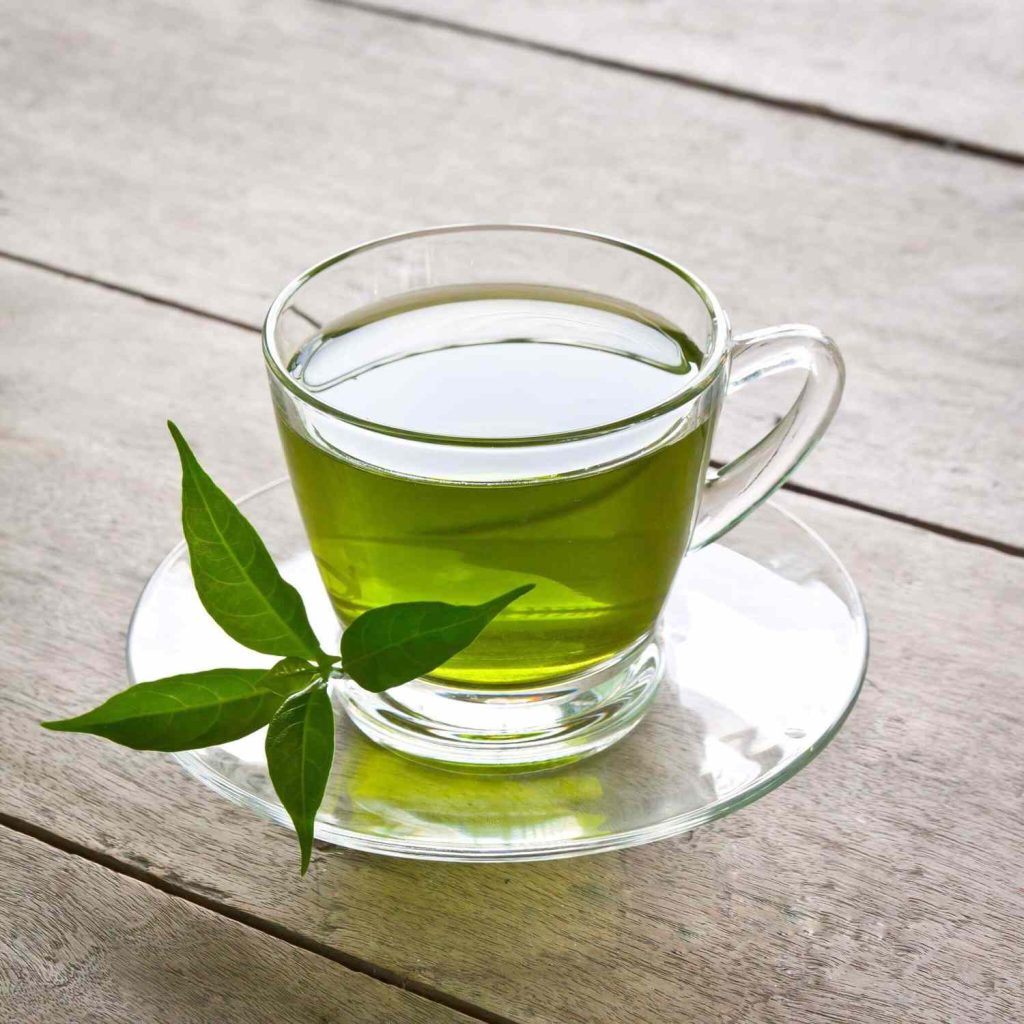
Caffeine For Exercise
Many athletes and fitness buffs enjoy green tea’s gentle caffeine energy before workouts. Research shows caffeine can increase endurance performance and reduce perceived exertion levels during exercise. This tea provides an ideal pre-workout caffeine source to feel energized yet not over-stimulated during physical activity.
Potential Downsides
While beneficial in moderation, excessive caffeine intake from this tea (or any source) can lead to side effects like anxiety, headaches, digestive issues, and insomnia in some people. It’s best to cap daily green tea intake around 3-4 cups to avoid potential negative effects from too much caffeine.
High Quality Matters
For maximum caffeine effects, opt for high quality loose leaf green teas instead of lower grade tea bags. Better quality leaves and buds produce a richer nutrient and caffeine profile to boost energy levels more effectively. Premium Japanese green teas like matcha and gyokuro also tend to contain higher caffeine concentrations.
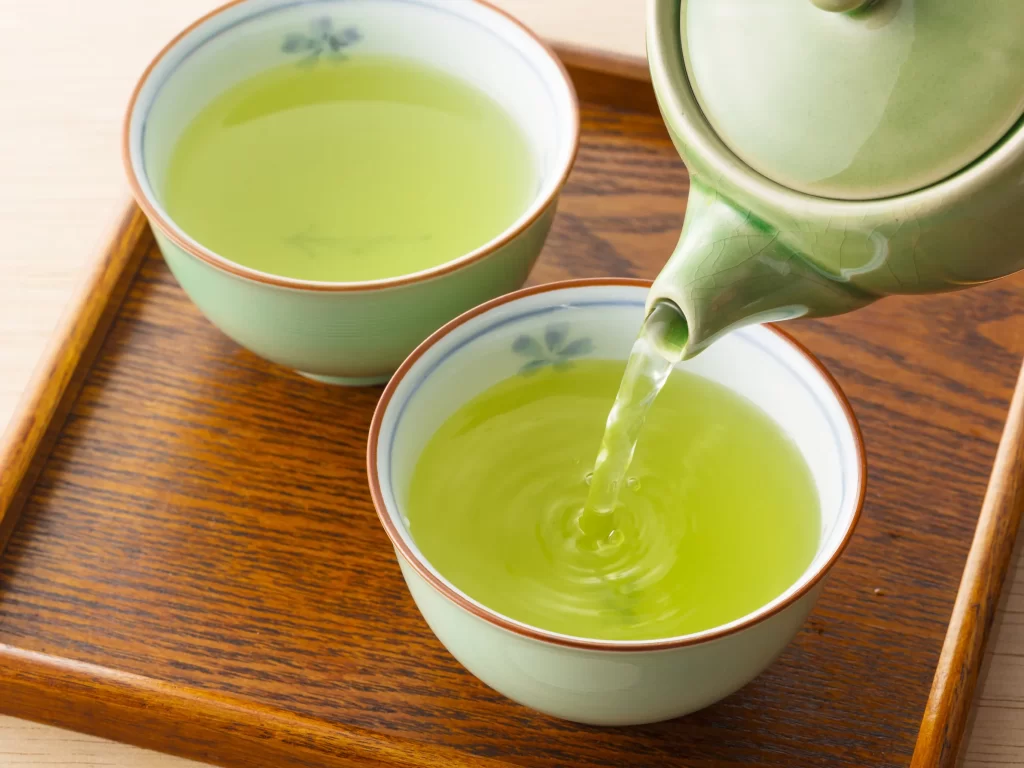
Listen To Your Body
At the end of the day, each person’s caffeine needs and sensitivity levels vary. Pay attention to how green tea’s caffeine affects your unique physiology. Don’t hesitate to adjust your intake to find your ideal dose for calm, clean energy that works best for you.
The Humble Energy Booster
From ancient Buddhist monasteries to modern homes today, green tea has energized people across the globe for thousands of years. Its gentle caffeine provides an accessible pick-me-up we can all benefit from. So revel in this ancient brew’s revitalizing magic by sipping the green elixir daily.
